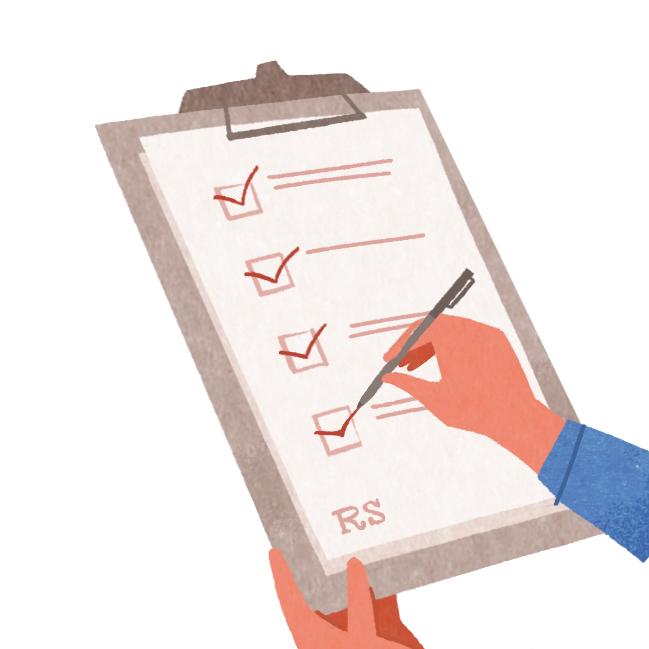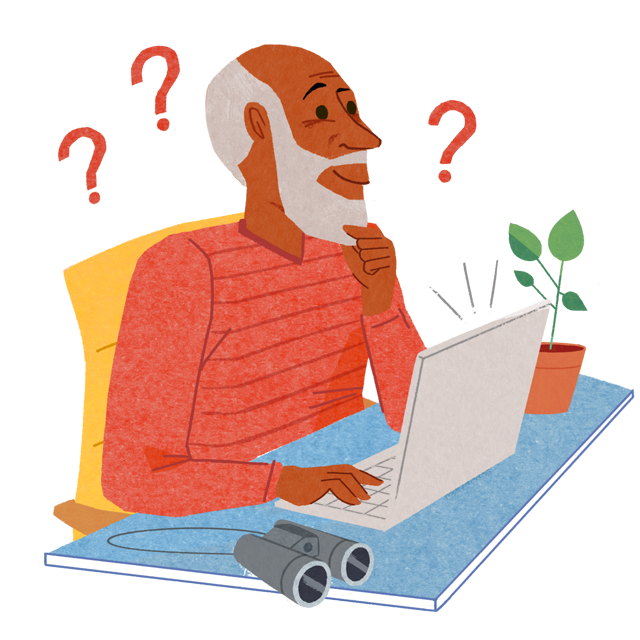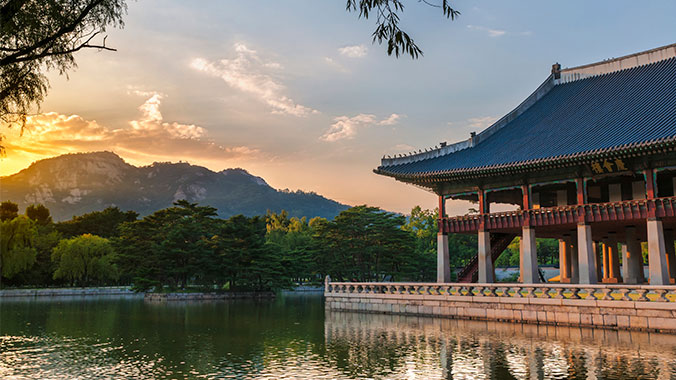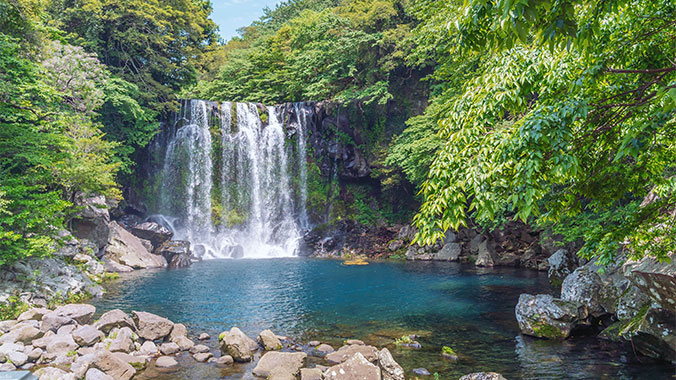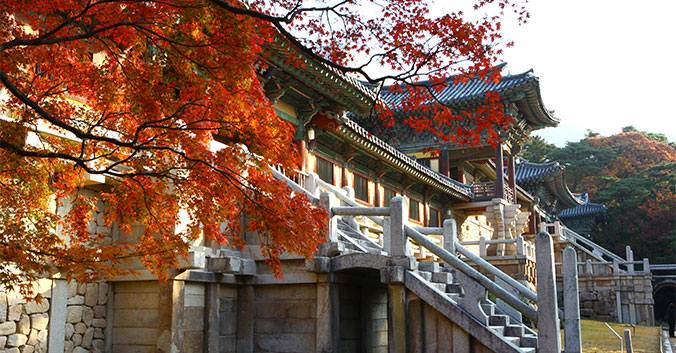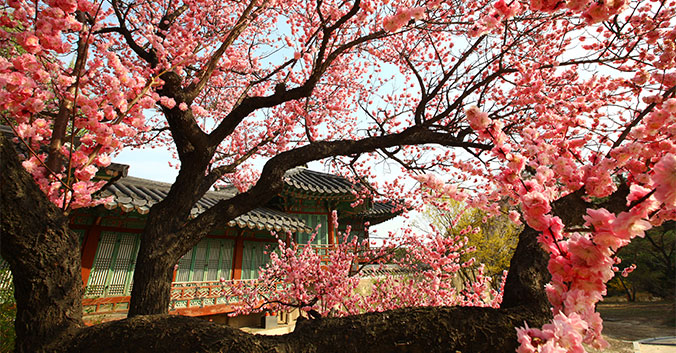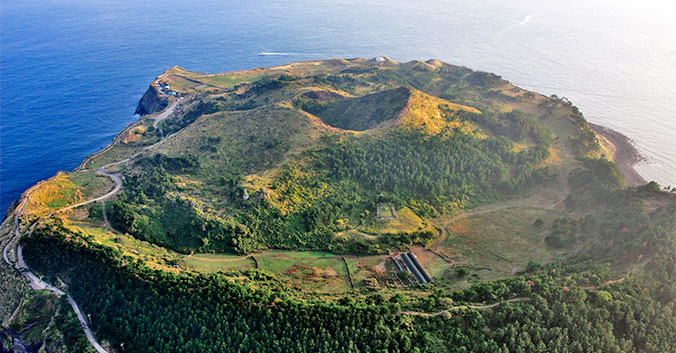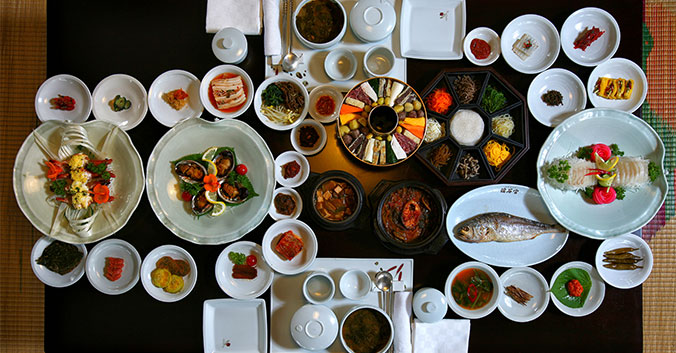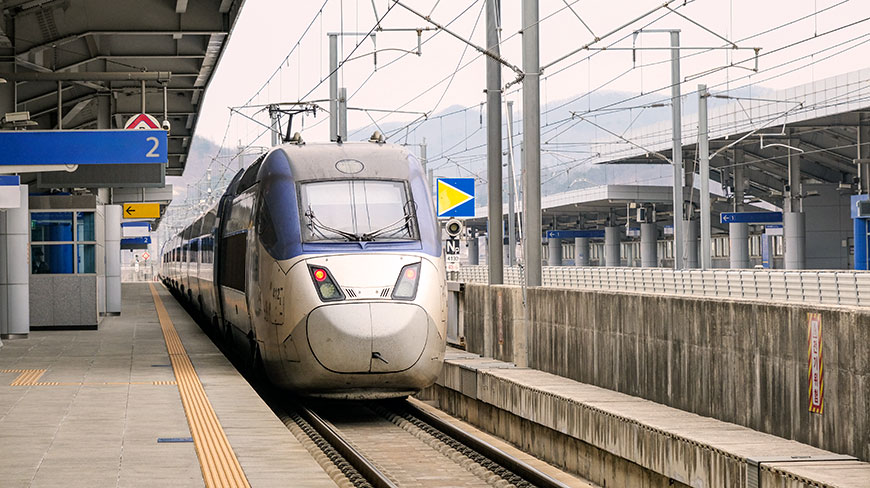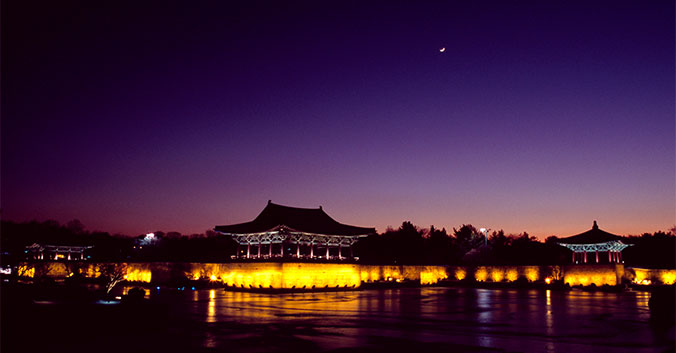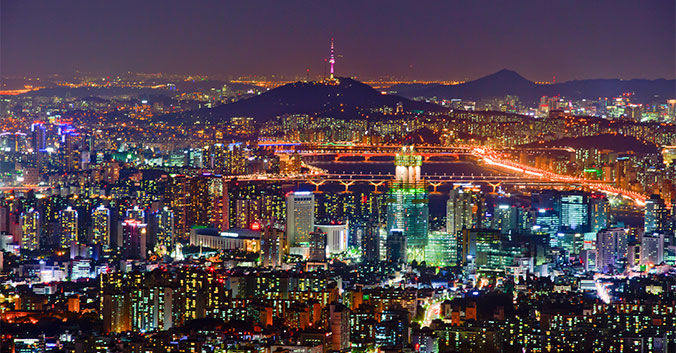Beasts of a Little Land
by Juhea Kim
In 1917, deep in the snowy mountains of occupied Korea, an impoverished local hunter on the brink of starvation saves a young Japanese officer from an attacking tiger. In an instant, their fates are connected—and from this encounter unfolds a saga that spans half a century. An epic story of love, war, and redemption set against the backdrop of the Korean independence movement.
Eating Korea, Reports on a Culinary Renaissance
by Graham Holliday
Holliday (Eating Viet Nam, VNM177) continues his mouth-watering series of culinary reportage with this installment on Korea.
Korea:The Impossible Country
by Daniel Tudor
Daniel Tudor is a journalist who has lived in and written about Korea for almost a decade. In this book he examines Korea's cultural foundations; the Korean character; the public sphere in politics, business, and the workplace as well as the family, dating, and marriage. Long overshadowed by Japan and China, South Korea is a small country that happens to be one of the great national success stories of the postwar period.
Korea's Place in the Sun, A Modern History
by Bruce Cumings
A provocative, spirited history of the two Koreas since World War II for the general reader, highly recommended. It includes a chapter on Korean-Americans, and ends with a lively discussion of Korea's place in the world at the end of the 20th century. New edition.
Lonely Planet Korea
by Lonely Planet
Lonely Planet's Korea is our most comprehensive guide that extensively covers all the country has to offer, with recommendations for both popular and lesser-known experiences. Marvel at the volcanic landscape of Jeju-do, wonder at the exquisite Changdeokgung palace, and get dirty at the Boryeong Mud Festival; all with your trusted travel companion.
Lonely Planet Seoul
by Lonely Planet
Discover Seoul's most popular experiences, must-see attractions, and unexpected surprises - neighbourhood by neighbourhood - with our handy-sized Pocket travel guide. From exploring Noryangjin Fish Market at midnight to catch the seafood auctions, to touring Changdeokgung's Secret Garden, and viewing charming exhibitions on Korean culture at the National Folk Museum of Korea.
Pachinko
by Min Jin Lee
Pachinko is a historical fiction novel that follows a Korean family as they immigrate to Japan. Set in the early 1900s, on an island off the coast of Busan, a fisherman's daughter falls in love with a wealthy stranger. The daughter's decision to abandon her home sets in motion a dramatic tale that echoes down through generations.
Parasite (Movie)
by Bong Joon Ho
Parasite is a South Korean black comedy and thriller directed by Bong Joon Ho. Set in Seoul, it follows a poor family who infiltrate the life of a wealthy family, leading to a series of unexpected events that blur the lines between social classes. The film made history at the 2020 Academy Awards, being the first non-English-language film to win the Oscar for Best Picture.
South Korea 101: The Culture, Etiquette, Rules and Customs
by Mancho Soto
South Korea 101 is a book that share practical information in understanding Korean mindset and culture. If you are traveling to South Korea, this book is a great start to your journey.
The Island of Sea Women
by Lisa See
A historical novel about female friendship and secrets. Set on the Korean island of Jeju, the book tells the story of a friendship between the daughter of a Japanese collaborator and a daughter in a Haenyeo family (female divers known for their independent spirit and determination). Throughout the decades from Japanese rule to the modern era, the two become close but find their relationship strained as a result of their backgrounds, political turmoil, and wartime hardships.
The Korean War, A History
by Bruce Cumings
Leading Korean War scholar Cumings covers the war from both the Korean and American perspectives, including its impact on Americans at home, in this succinct and authoritative text. An excellent resource for students, scholars and anyone wanting to understand the U.S.’s relationship with North and South Korea.
The Wingmen: The Unlikely, Unusual, Unbreakable Friendship Between John Glenn and Ted Williams
by Adam Lazarus
During the Korean War, a combat veteran from World War II and his wingman, Ted Williams—who is widely regarded as one of the greatest hitters in baseball history—flew into Communist airspace, crossing the legendary 38th Parallel in matching Panther jets. This is the true story of their daring flight into North Korea and the incredible bond that developed between them amidst the chaos of war.
Without You, There Is No Us, My Time With the Sons of North Korea's Elite
by Suki Kim
In this stirring memoir, South Korean writer-journalist Suki Kim recounts her experiences teaching heartbreakingly brainwashed students at a North Korean university -- a censored, prison-like environment.

